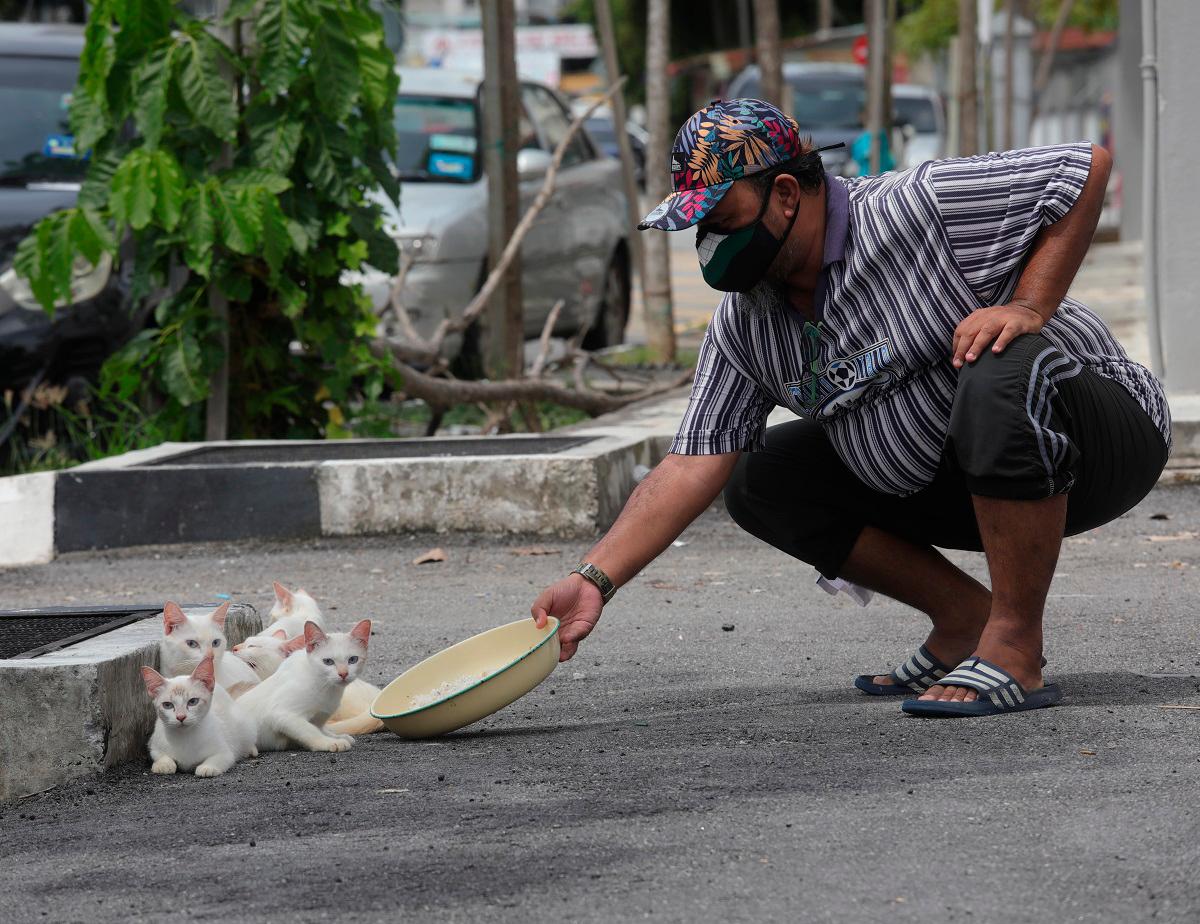PETALING JAYA: Animal welfare organisations have raised concern over the repeated omission of allocations for stray management and welfare in successive budgets, saying the continued oversight risks undermining efforts to improve public health and safety.
Persatuan Haiwan Terbiar Malaysia president Kalaivanan Ravichandran said the lack of dedicated funding reflects the government’s continued under-recognition of animal welfare as a national responsibility.
“Stray animal management and welfare are matters of public health, road safety and community responsibility.
“Every year, NGOs and volunteers shoulder the full burden of rescuing and caring for thousands of strays, often without any government assistance. The absence of a budget allocation once again leaves these efforts unsupported and unsustainable.”
He said animal welfare continues to be treated as a secondary issue despite its clear
links to disease control, road collisions and disaster response.
“Issues such as rabies control, road crashes involving strays and post-disaster animal rescue are intertwined with public health and safety. As long as animal welfare is viewed purely as an NGO responsibility, Malaysia would continue to face preventable problems.”
The association is urging the government
to establish an official Animal Welfare Fund under the Agriculture and Food Security
Ministry or in collaboration with the Veterinary Services Department.
He said such a fund would provide consistent and transparent support for key programmes, including large-scale trap–neuter–release (TNR) operations, shelter aid, veterinary care and disaster response.
“A formal fund would bring structure, accountability and long-term continuity, something ad hoc grants or corporate social responsibility donations cannot achieve,” he said.
He added that an annual allocation of between RM20 million and RM30 million would be a practical start for coordinated programmes, such as a Stray Animal Healthcare Fund, shelter support and an Animal Disaster Response Unit.
“What matters most is that animal welfare finally receives its own line in the federal budget, recognising it as a legitimate public concern.”
Before the budget announcement, the association had outlined a seven-point wish list, which included a nationwide TNR programme, a Stray Animal Healthcare Fund, shelter grants for NGOs, an Animal Disaster Response Unit, stronger enforcement of the Animal Welfare
Act 2015, regulated feeding stations and a national pet registration system.
Kalaivanan said these measures would not only protect animals but also improve public health, road safety and disaster preparedness while promoting shared responsibility between citizens and the state.
“Animal welfare reflects a nation’s values and compassion. How we treat the most vulnerable shows who we are as a society. With proper policy support, Malaysia could build a humane and sustainable model for stray management that protects both people and animals.”
Malaysian Animal Welfare Association founder Mukunnan Sugumaran echoed the concern, saying the omission reflects gaps within the responsible ministry.
“The Agriculture and Food Security Ministry, which oversees the Veterinary Services Department, has failed to look at the full ecosystem needs,” he said.
“The department has long claimed to be under-resourced, and without a budget allocation, the situation would only worsen. Their ability to investigate cruelty cases and uplift capabilities would remain limited.”
He also called for a review of the Act, describing it as outdated and full of loopholes.
“The Act does not even cover the welfare of homeless or stray animals. A new team with real on-ground understanding is needed to draft an effective and compassionate policy.”
He added that NGOs and activists should work more closely with authorities to raise awareness and educate younger generations about animal welfare.
“Malaysia should move towards a no-kill policy. If trap–neuter–release–manage is not ideal, then local councils should allocate land to house strays under NGO management, with adoption as a key priority,” he said.









